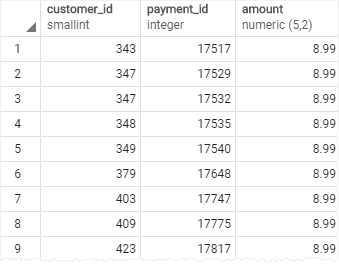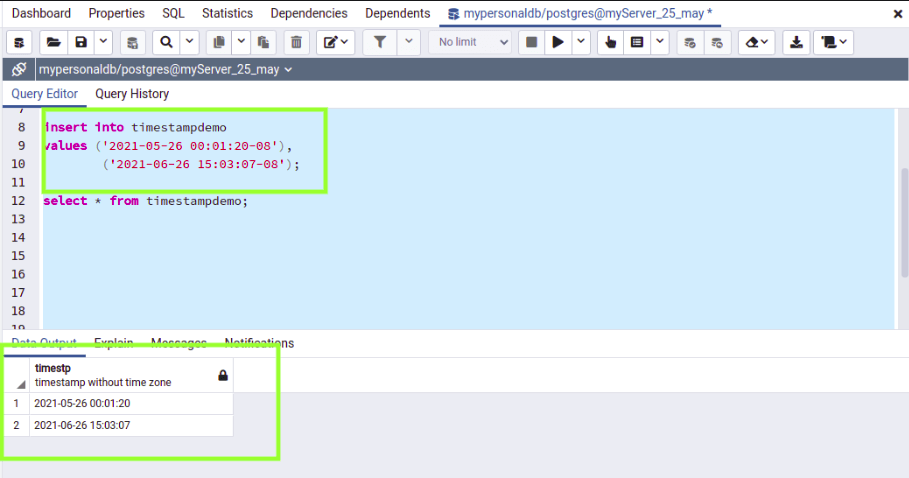

Broken pipelines, data quality issues, bugs and errors, and lack of control and visibility over the data flow make data integration a nightmare.ġ000+ data teams rely on Hevo’s Data Pipeline Platform to integrate data from over 150+ sources in a matter of minutes. Yet, they struggle to consolidate the data scattered across sources into their warehouse to build a single source of truth. PostgreSQL Regex Match Operators Image Source: SelfĪs the ability of businesses to collect data explodes, data teams have a crucial role in fueling data-driven decisions.
#Postgresql replace example how to#
Let’s discuss these operators now and examine how to apply them to regex. The functionality of the LIKE and SIMILAR TO operators is essentially the same.

We’ll look at regular expressions and how to work with them using several functions, in addition to the tilde operator family, which matches regular expressions in case-sensitive and case-insensitive circumstances. Regular Expressions have long been widely used in programming languages, but utilizing them in a SQL statement makes the query highly dynamic and improves performance in massive databases. The TILDE (~) operator and the wildcard operator “.*” is used to implement PostgreSQL’s regular expressions. Regex is a sequence of characters that defines a pattern that can filter data in PostgreSQL. What is PostgreSQL Regex? Image Source: Self

PostgreSQL employs Regular Expressions to get around pattern matching. Additionally, the LIKE operator’s filtering condition is restricted to using only wildcards (percent) to discover patterns. The LIKE operator works flawlessly for standard SQL operations, but it appears to have some performance concerns when filtering a vast database. Postgres Regex Remove Special Characters.Postgres regexp_matches in WHERE Clause.Postgres regexp_replace All Occurrences.Matches Numeric-type Data (Double Digit).Does not Match Regular Expression (Case Insensitive).Does not Match Regular Expression (Case Sensitive).Match Regular Expression (Case Insensitive).Match Regular Expression (Case Sensitive).


 0 kommentar(er)
0 kommentar(er)
